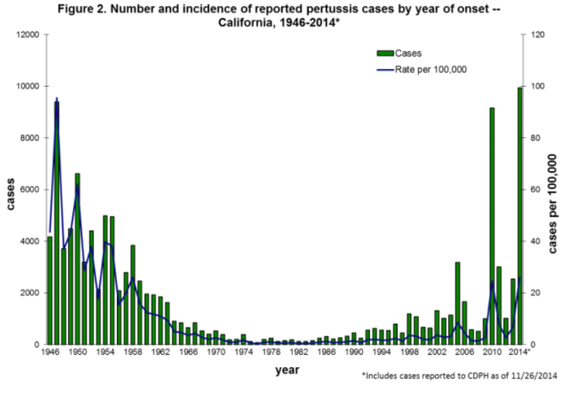OK, so I have to suffer through this for 9 months? Not at all! There are a number of options to help “keep you regular.” First, make sure to stay hydrated. It’s easy to become dehydrated while pregnant, so make sure to drink at least 8 glasses of fluids per day. Water is always a great choice, as are prune juice (yes, those old fogies know what’s up) and warm water with lemon (it can help stimulate intestinal contractions to move food). A high fiber diet also helps, although make sure to increase intake of fiber GRADUALLY, or you’ll end up even more bloated and gassy (yes, it is possible!). Shoot for between 25-35 grams of fiber daily. Lastly, pace yourself with regard to food intake. Smaller, more frequent meals are easier on your bowels than just a few large ones. Stuffing yourself at mealtime will only make you miserable.
Regular exercise isn’t just talking about how often to do it. Even a 10 minute walk each day can be helpful in stimulating bowel movements. And, if dietary changes and exercise aren’t enough, then probiotics and over-the-counter stool softeners such as Colace can be used during pregnancy. Occasional use of milk of magnesia may be beneficial, although laxatives should generally be avoided during pregnancy.
So, while constipation won’t kill you, it can definitely make you miserable. Fortunately, there are a number of safe options to help with constipation in pregnancy, and now you can be as excited about poop as your kids (or, at least almost as excited as they are ;)
Nick

 RSS Feed
RSS Feed